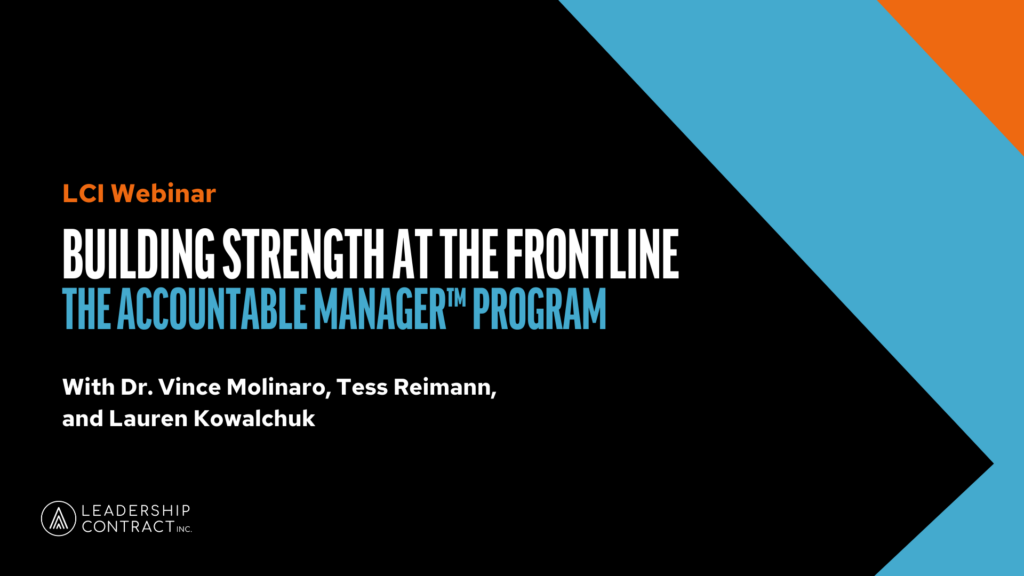THE BIG IDEA
Caring for your team and your community is crucial to business success.
Tom Peters has spent 40 years talking about the connection between organizational culture and business success. His first book, In Search of Excellence, was a massive bestseller that stressed the importance of shared beliefs and values. But when he came on our Lead the Future podcast, he took this argument even further and told us that excellence in business is impossible without community.
A lot of businesses pay lip service to the idea that people are important, he told us. “That irritates the heck out of me,” he said. People aren’t just important to your organization—they are your organization. “[Businesses are] people with a little bit of software and a couple of brick buildings,” he said.
Leaders must care for their teams in order to succeed. And more than that—you must also care for the communities you do business in. “When you’re good for your community,” Peters said, “your community is the majority of your customers.”
Following are the top takeaways from our conversation with Tom Peters.
WHY IT MATTERS
The number one factor in business success is the quality of frontline leaders.
“The number one corporate asset, from the small car dealership to TD Bank, is the quality of the frontline leaders,” Peters told us. “It affects productivity, it affects quality, it affects profitability—give me a variable, and the first-line leader quality is the lead parameter in that variable.”
All leaders need support, connection to peers, and strong relationships at work to do their best, and frontline leaders are no exception. Whether you are a frontline leader yourself, manage frontline leaders, or have a more senior role, focusing on supporting and caring for your people will ripple outwards, helping to create the ideal environment for the most crucial people in your organization to go the extra mile for your customers.
Day-to-day Decisions by Leaders Can Either Uplift or Undermine Efforts to Create a Strong Community
Leaders at any level have the power to make things better for their teams—or worse.
Organizations need to think about how even the seemingly small, day-to-day decisions impact employees. This goes deeper than benefit plans, to include burnout-inducing schedules and Zoom fatigue, which together can create a corrosive effect on your organization’s culture.
WHAT TO PAY ATTENTION TO
Keep an eye on your team and be proactive about addressing burnout.
A leader should know everyone on their team—and that means knowing about their lives outside the office, including their caregiving responsibilities, Peters said. “If you’ve got 11 people reporting to you, and you don’t know the first name of all their kids, I’ve got a problem with you,” he said. “Leadership is an intimate act.”
Peters suggested sitting down with direct reports and letting them know that you’re looking out for their stress level. Encourage your team to miss some meetings and take time for themselves. “I want terrific ideas, and I want terrific energy, and I’m gonna get it from the whole person,” he said.
NEXT STEPS
Take our Leadership Culture Survey to assess the health of your organization. Are you building a community or bleeding your people dry?








